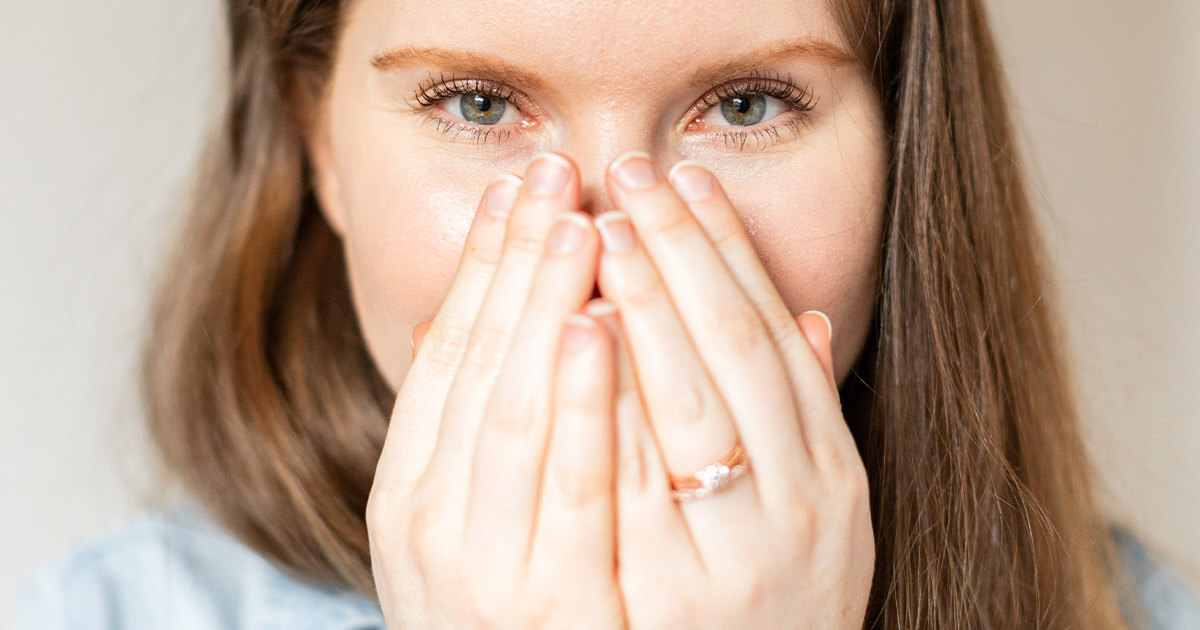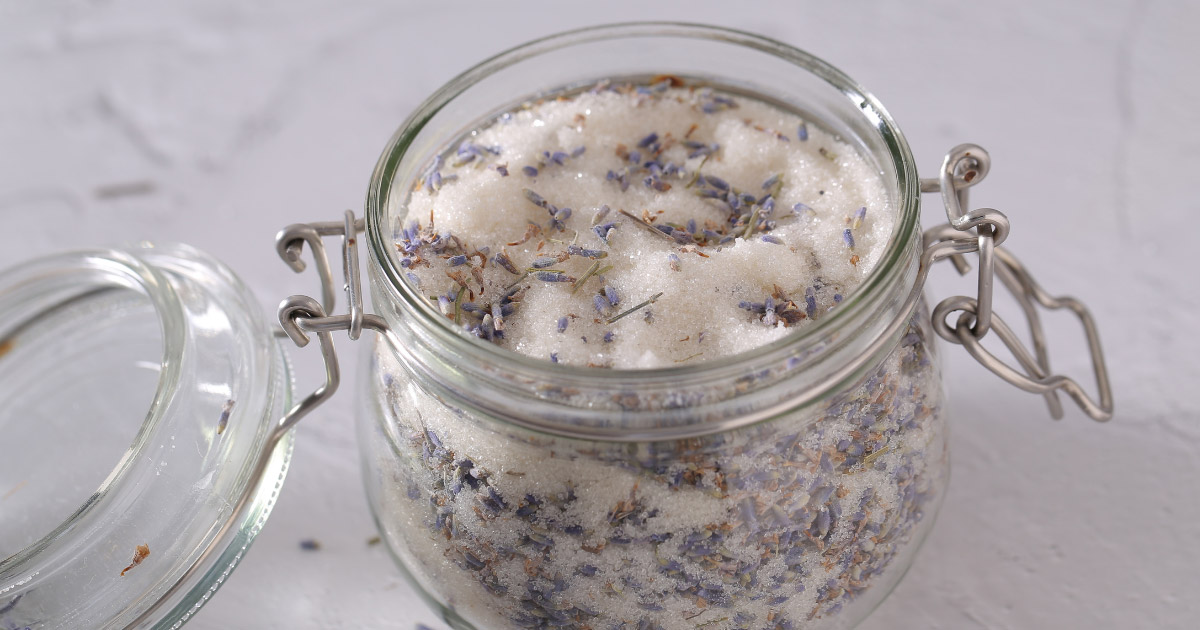Lost your sense of smell? Regain it naturally!

Losing your sense of smell impacts your wellbeing
Loss of smell is called “anosmia.”
Anosmia is a common symptom of COVID-19. A lot of people who have recovered from COVID-19 find their sense of smell doesn’t return as strongly as they remember—or at all.
It’s no fun to miss out on the scents you used to love!
But the drawbacks of losing your sense of smell go deeper than that.
Our ability to smell affects our ability to sense danger, like spoiled food, smoke from a fire, and gas leaks.
Studies even show that anosmia can affect your emotional health since it impacts your ability to enjoy food and socialize with others. Loss of smell is also linked to depression for a lot of people, though researchers are still studying why the two are connected.
Regain your sense of smell naturally!
What can you do if you’ve lost your sense of smell? Can you reverse anosmia naturally?
In a lot of cases, yes!
If you’ve lost your sense of smell due to COVID-19, you have a good chance of regaining it within six months to a year after your recovery from the illness. It often comes back all by itself.
But you can speed up your recovery with a process called Olfactory Training.
This is a research-backed system that’s being used for viral-associated anosmia. It’s based on the idea that the nerves in your olfactory system can be strengthened through exercise. And the technique only takes a few minutes twice a day.
The Olfactory Training Technique!
Here’s how to do it!
Choose four essential oils from different aromatic families.
One research study suggested Rose (Rosa × damascena), Eucalyptus (Eucalyptus globulus), Lemon (Citrus limon), and Clove (Syzygium aromaticum/Eugenia caryophyllata). This group includes a floral, a cineole-rich oil, a citrus, and a spice.
Once you have your oils, go through the following steps…
Choose one oil and smell it for 15 seconds, trying to remember what it used to smell like.
Rest your nose for about 10 seconds.
Smell the next oil for about 15 seconds—again, trying to remember what it smells like.
Rest your nose for 10 seconds.
Repeat until you’ve smelled all four of the oils.
After three months, switch to a new set of oils. Again, they should have different aromatic personalities. Try Peppermint (Mentha × piperita), Thyme ct. linalool (Thymus vulgaris ct. linalool), Sweet Orange (Citrus sinensis), and Jasmine (Jasminum grandiflorum).
After another three months, switch to four new oils. Try Bergamot (Citrus bergamia), Rosemary (Rosmarinus officinalis ct. camphor/Salvia rosmarinus), Cedarwood (Juniperus virginiana), and Geranium (Pelargonium × asperum).
Continue as needed until you regain your sense of smell!
You can add any scent you like to your Olfactory Training routine. Try coffee, green tea, or cinnamon. The point is to choose something that’s readily available and will stay fresh over the months that you use it. Using a variety of aromas will help your olfactory nerves “stretch” and gain strength.
Your sense of smell may not come back overnight, but be patient with yourself and stick with your training. It’s worth it!
Natural healing is possible!
I have a family member who lost her sense of smell due to COVID-19.
She told me, “It’s amazing how we smell without thinking about it ‘til it’s gone... Not being able to smell the wood stove in case of fire makes your mind overwork with worry.”
In her case, it only took two months to heal her anosmia. I’m so grateful that she’s fully recovered her sense of smell!
I’m also grateful that people who don’t recover so quickly have an affordable, easy way to “retrain their nose.” Olfactory training with essential oils is simple, natural, and it can work wonders!
REFERENCES
Liu D.T., Sabha M., Damm M., et al. Parosmia is associated with relevant olfactory recovery after olfactory training. Laryngoscope (2021) Merriam-Webster Medical Dictionary (2021). https://www.merriam-webster.com/medical
Renaud, M., Thibault, C., LeNormand, F. et al. (June 24, 2021)-Clinical Outcomes for Patients with Anosmia 1 Year After COVID-19 Diagnosis. JAMA Network Open doi:10.1001/jamanetworkopen.2021.15352
Soler, Z. Patel, Z., Turner, J. & Holbrook, E. (April, 2020)-A primer on viral-associated olfactory loss in the era of COVID-19. International Forum of Allergy & Rhinology , volume 10, issue 7. https://onlinelibrary.wiley.com/doi/full/10.1002/alr.22578




